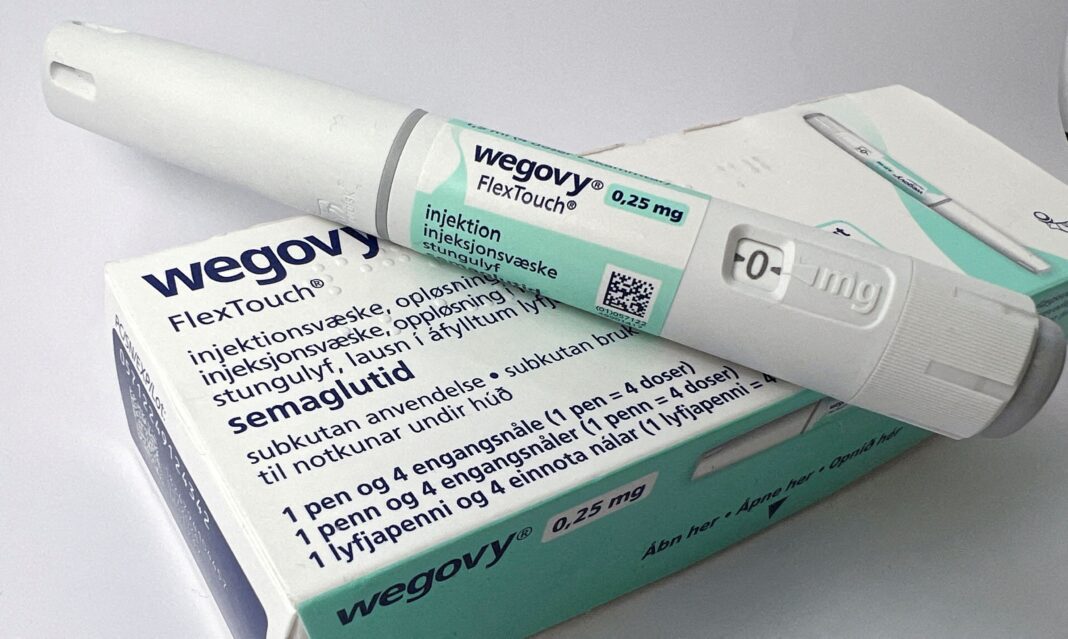As obesity rates continue to rise worldwide, the search for effective weight loss solutions has intensified. Recent pharmaceutical advancements have led to the development of drugs like Wegovy and Zepbound, which have shown promising results in aiding weight loss. However, the focus has now shifted towards developing drugs that not only help shed excess fat but also preserve muscle mass—a crucial consideration for overall health and well-being.
Understanding the Importance of Muscle Preservation
While losing weight is often associated with reducing body fat, maintaining muscle mass is equally important for metabolic health and physical function. Muscle tissue plays a vital role in regulating metabolism, supporting mobility, and preventing age-related decline. Additionally, preserving muscle mass during weight loss can help prevent metabolic slowdown and rebound weight gain, enhancing the long-term success of a weight loss regimen.
Challenges in Traditional Weight Loss Approaches
Traditional weight loss methods, such as calorie restriction and increased physical activity, can lead to muscle loss alongside fat loss, particularly in individuals with obesity or metabolic disorders. This loss of lean muscle mass can negatively impact metabolism, energy levels, and overall body composition. As a result, there is a growing need for pharmaceutical interventions that target fat loss while preserving muscle mass—a concept known as “body recomposition.”
The Promise of Next-Generation Weight Loss Drugs
Researchers and pharmaceutical companies are now exploring innovative approaches to weight loss that prioritize muscle preservation. Drugs like Wegovy and Zepbound have paved the way by targeting hormones involved in appetite regulation and fat metabolism. Moving forward, the focus is on developing drugs that selectively target fat tissue while sparing lean muscle mass—a challenging feat that requires a deep understanding of metabolic pathways and tissue-specific effects.
Potential Strategies for Muscle Preservation
Several strategies are being explored to achieve muscle preservation during weight loss. These include targeting specific signaling pathways involved in muscle protein synthesis and breakdown, as well as utilizing combination therapies that synergistically enhance fat burning while protecting muscle tissue. Additionally, dietary interventions and exercise regimens tailored to support muscle preservation are being investigated as complementary approaches to pharmacological treatments.
The Road Ahead: Optimizing Weight Loss Therapies
As research in this field continues to evolve, the future of weight loss therapies looks promising. By developing drugs that prioritize muscle preservation alongside fat loss, healthcare providers can offer more effective and sustainable solutions for individuals struggling with obesity and related metabolic conditions. However, achieving this goal requires a multidisciplinary approach, combining advances in pharmacology, nutrition, and exercise science to optimize outcomes and improve overall metabolic health.
In conclusion, the development of weight loss drugs that prioritize muscle preservation represents a significant advancement in the field of obesity management. By addressing the complex interplay between fat loss and muscle maintenance, these next-generation therapies have the potential to revolutionize the treatment of obesity and related metabolic disorders, offering hope for a healthier future.
Source- bloomberg



